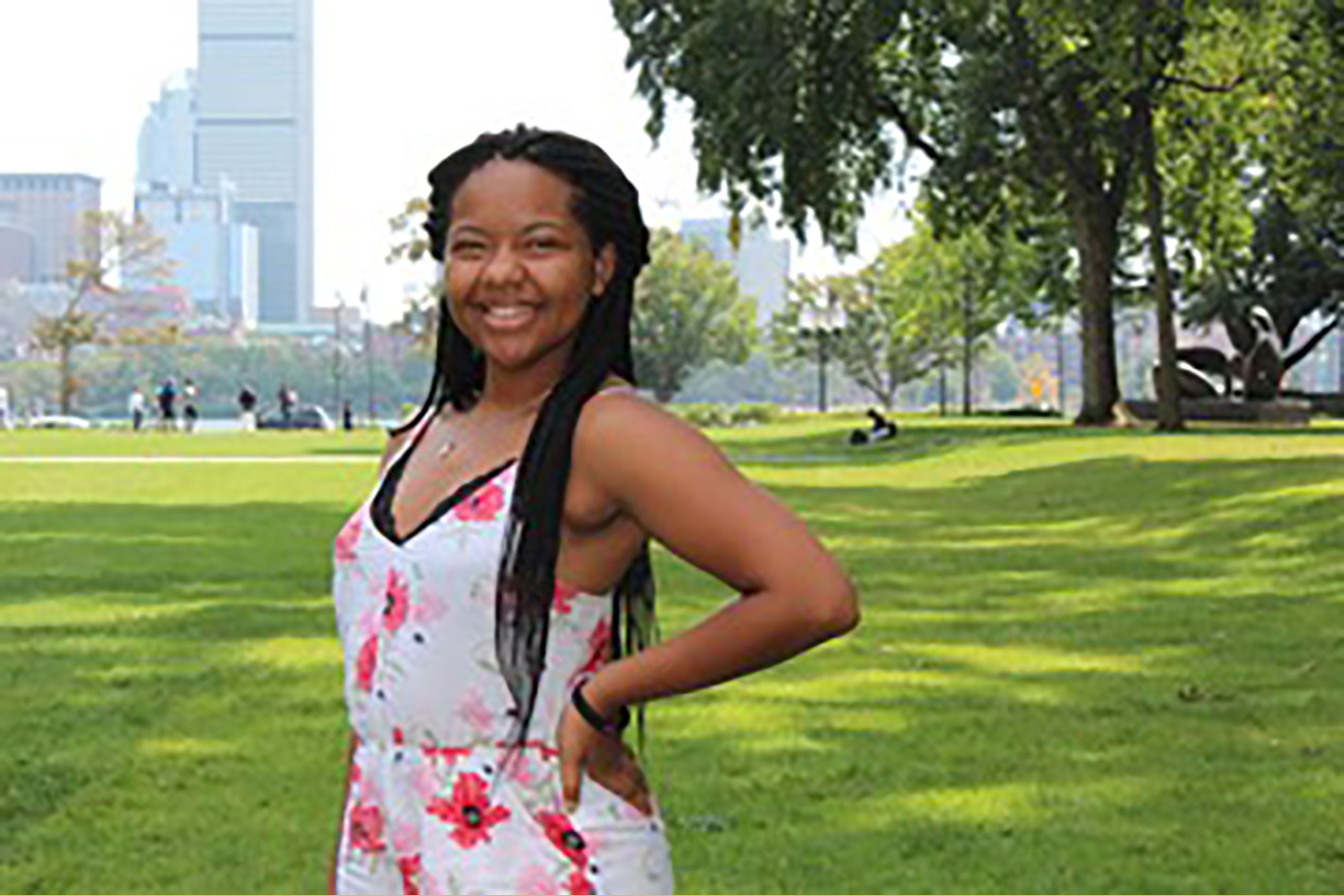
Jordan Alford is an MIT senior majoring in Chemical Engineering and Spanish. When she graduates this month, Jordan heads to New Orleans for her job as an offshore support engineer for Shell. She spoke to us from her home in Tulsa, Oklahoma.
Let’s start with how you’re doing. You had to leave MIT in March due to the COVID-19 crisis. How does it feel to be back in Oklahoma?
At the beginning it was hard. It was sad to leave friends. I had thought I would have more time to explore Boston. But now I’ve accepted that’s just how it is. Everyone’s trying their best to do what they can to make up for what we lost.
How has the COVID-19 crisis affecting you in Oklahoma?
Well, Oklahoma is actually just starting to reopen. So we’ll see what happens. That has me a little concerned. But it hasn’t affected my family in a big way. My dad’s a cattle rancher, so he’s had to keep up with ranching this whole time.
So your Tulsa life must be quite different from your life in Boston.
When I first came to Boston, I was excited to try the big city thing. I’m glad I had that experience, but I also found I missed seeing open spaces and land. Some people here have their house in the city, but their ranch further out in the country. That’s how I grew up. I lived and went to school in the city. But I spent summers helping on the ranch: tending cattle, fixing fences, riding horses.
Those summers sound idyllic! How do you think your ranch life prepared you for being a chemical engineer?
Being a rancher definitely teaches you to roll with the punches and that’s actually very applicable to chemical engineering! When problems arise on the ranch you have to assess the situation and then keep pushing. That’s the same way I’ve approached chemical engineering and really my entire time at MIT.
How did your two majors of Chemical Engineering and Spanish connect?
I’m very interested in environmental studies, especially with my background in agriculture. I became very passionate about the question of water use while at MIT. I considered a lot of options for my major and settled on Course 10-eng, which is a flexible chemical engineering degree. My focus is water chemistry.
I had decided to continue with my Spanish at MIT because it’s something I really enjoy, and I’ve been taking Spanish since elementary school. So I took a lot of Spanish classes, which I loved. I also had a short stint in Mexico with MISTI, which immersed me in the language and culture. I ended up pursuing a minor in Spanish. My dad really encouraged me to make it a second major. Doing a second major turned out to be easier than I thought it would be. So taking both majors, one in Chem E and one in Spanish, just allowed me to pursue two things I love. My thesis is in Spanish and incorporates aspects of chemical and environmental engineering!
My thesis, under the direction of professors Paloma Duong and Eden Medina, is on water repurposing in relation to the water crisis in Peru and Chile. This issue connects water and technology with politics and government. I’m interested in wastewater treatment and desalination plants as a water resource for agriculture and mining that use a lot of water. Fresh water should be for human consumption. We need to find other ways to fuel industry.
Your job in New Orleans will take you onto some of the offshore oil rigs. Will you be one of the few women there? What will life be like on the platforms?
I’ve never been on an offshore oil rig before. But I will go there in my first year of training. I won’t be the only woman! Out of my group of new engineers, half are females. But some of these platforms are very large with bedrooms, a cafeteria, a gym, and so on. A lot like college life!
You seem to have a lot of varied interests! Water chemistry, Spanish, horses, and I understand you are a dancer as well.
One of the highlights of my MIT experience were the dance teams I participated on. Dancing provided a space where I could just be myself—I could forget about Psets, forget about class. I really valued my friendships from dance. I spent a lot of time with the dance community and some of my favorite memories come from these experiences.
So, for those considering taking Spanish: what was your favorite part?
I really felt like the instructors were so welcoming. They were in my corner supporting me from the very beginning. One of my all-time favorite classes at MIT was The Short Story in Spain and Hispanic America taught by Liana Ewald. We read these great short stories, and then we also got to do some of our own writing… exploring creative writing. I really enjoyed that. I think learning another language is so important—sharing ideas. I feel like having a second language I feel comfortable in, gives me access to other worlds and other people’s ideas.
